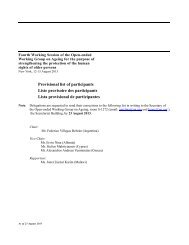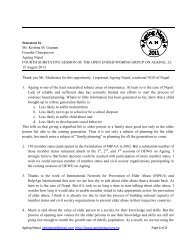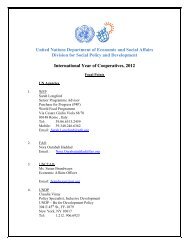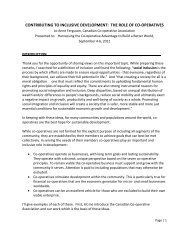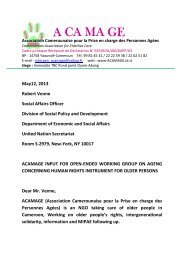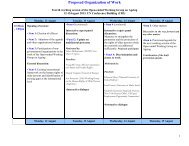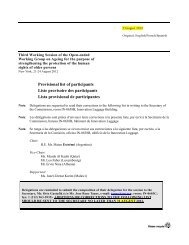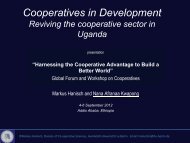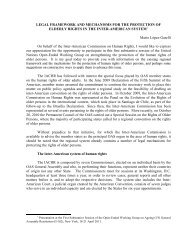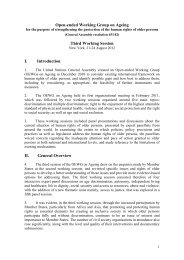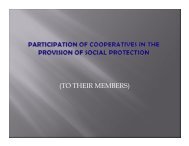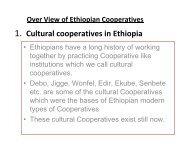Audit of Residential Facilities, Final report - Division for Social Policy ...
Audit of Residential Facilities, Final report - Division for Social Policy ...
Audit of Residential Facilities, Final report - Division for Social Policy ...
Create successful ePaper yourself
Turn your PDF publications into a flip-book with our unique Google optimized e-Paper software.
In one province, management indicated that they ensured the well-being <strong>of</strong> their staffby insisting that they take their leave and through staff outings and team buildingactivities.vii.viii.Outsourced staff – A number <strong>of</strong> homes are now using outsourced staff to fill keyfunctions within the homes, most notably, staff nurses, nursing assistants anddomestic staff. The issue with using outsourced staff is that the agencies do notprovide these staff with any benefits. Many argue that the rights <strong>of</strong> these workers arecompromised through these agencies and the homes do not need to take anyresponsibilities <strong>for</strong> the appointment, payment, and management <strong>of</strong> the staff. If they arenot happy with a staff member the agency would simply replace them.Use <strong>of</strong> Volunteers – In the more rural areas there was more community involvementand fund-raising ef<strong>for</strong>ts, particularly from the Afrikaans churches and the localfarmers. In the urban areas it seems that community interaction was aroundfundraising whereas in smaller towns community interaction was more obvious andthe community volunteered more <strong>of</strong> their time in helping with nail care, taking oldpeople shopping, and so <strong>for</strong>th. It was particularly noted that volunteerism in thesecommunities should not be under-played particularly as white Afrikaans churches andfarming communities provide lots <strong>of</strong> support to homes as part <strong>of</strong> their voluntary orcharitable work.ix.Staff Per<strong>for</strong>mance Assessments and Staff in-service training – Monitoring staffper<strong>for</strong>mance is a key component <strong>of</strong> any well functioning organisation. Againmanagement indicated in more instances that staff per<strong>for</strong>mance assessments weredone while staff on the other hand, indicated in much less homes that these tookplace. In Mpumalanga and Northern Cape the differences between management andstaff on the issue <strong>of</strong> per<strong>for</strong>mance assessments was in as many as 30% <strong>of</strong> the home.Only in Limpopo did staff and management agree on this issue, although this could beindicative <strong>of</strong> the fact that there are only 7 homes in this province, although thedifferences between the views <strong>of</strong> management and staff in relation to staff in-servicetraining in Limpopo is particularly high as can be seen from the graph below.The Guidelines makes reference to regular supervision sessions between management and staffincluding accurate staff records, and annual staff assessments50 | D S D A u d i t o f R e s i d e n t i a l F a c i l i t i e s



